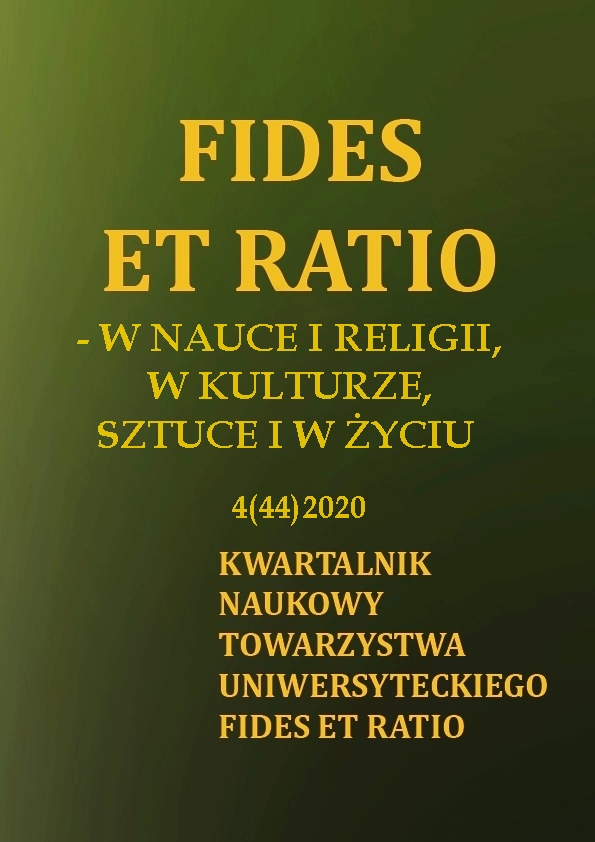Abstract
The British social researcher Margaret Canovan is nowadays considered to be one of the most important classics of the sociological concept of populism, especially thanks to two works on this subject regarding Populism and The Peoples. Undoubtedly, the division of populism, proposed by the author, into agrarian and political populism has become the canon of the interpretative allocation of the meanings of the concept of populism. Canovan with great reliability presents the links between populist mobilization of the masses and their disappointment with social functions of political elites, presenting in her writing this dichotomy as an constant component of populism (Canovan, 1981: 9, 139, 297). Reading more carefully Canovan, however, I could not help the impression that the author in her analyzes is not entirely objective and even misinterprets the concept of populism. This text is therefore an attempt at some critical interpretation of the ideas proposed by the author. Appreciating the author's huge and unquestioned contribution to the discourse on populism, I also wanted to capture the imperfections of this way of thinking about populism as a social phenomenon. This is important because Canovan imposed a certain interpretative framework, stimulating the discourse on the subject of populism on the one hand, and giving it negative connotations above all and showing it as a destructive force. Avoiding in her analyzes the presentation of positive functions of populism, she led to the consolidation of one-sided interpretations of the phenomenon, hence my voice is also an attempt to show the positive social functions of populism.
References
Arystoteles. (2004). Polityka, Warszawa: Wydawnictwo Naukowe PWN.
Billig, M. (1995). Banal Nationalism, London: Sage Publications.
Boryś, W. (2005). Słownik Etymologiczny Języka Polskiego, Kraków: Wydawnictwo Literackie.
Canovan, M. (2008). Lud, Warszawa: Wydawnictwo Sic.
Canovan, M.(1981). Populism, London: Junction Books.
Dejneka, P. (2015). Pegida and what next in Europe, [in:] SGEM Vienna (book 2: Political Sciences), Vienna: SGEM.
Eatwell, R., Goodwin, M. (2018). National Populism. The Revolt Against Liberal Democracy,: Penguin Random House UK.
Habermas, J. (1992). The Structural Transformation of the Public Sphere, An Inquiery into a Category of Bourgois Society, Cambridge: Polity Press.
Finley, M.I. (2000). Polityka w świecie starożytnym, Kraków: Społeczny Instytut Wydawniczy Znak.
Le Bon, G. (2006). The Crowd. A Study of the Popular Mind, New York: Cosimo Classics.
Lintott, A. (1999). The Constitution of the Roman Republic, Oxford: Oxford University Press.
Mény, Y., Surel, Y., (2000). Par le Peuple, pour le people: le populisme et les démocraties, Paris: Fayard.
Millar, F. (2002). The Crowd in the Rome in the Late Republic, :The University of Michigan Press.
Uniwersalny Słownik Języka Polskiego. (2003), Tom 3, S. Dubisz (red), Warszawa: Wydawnictwo Naukowe PWN.

